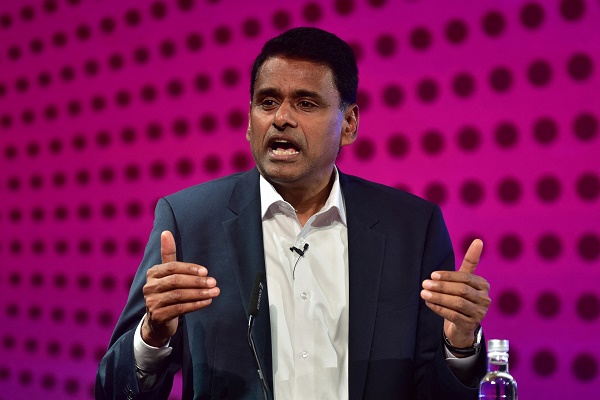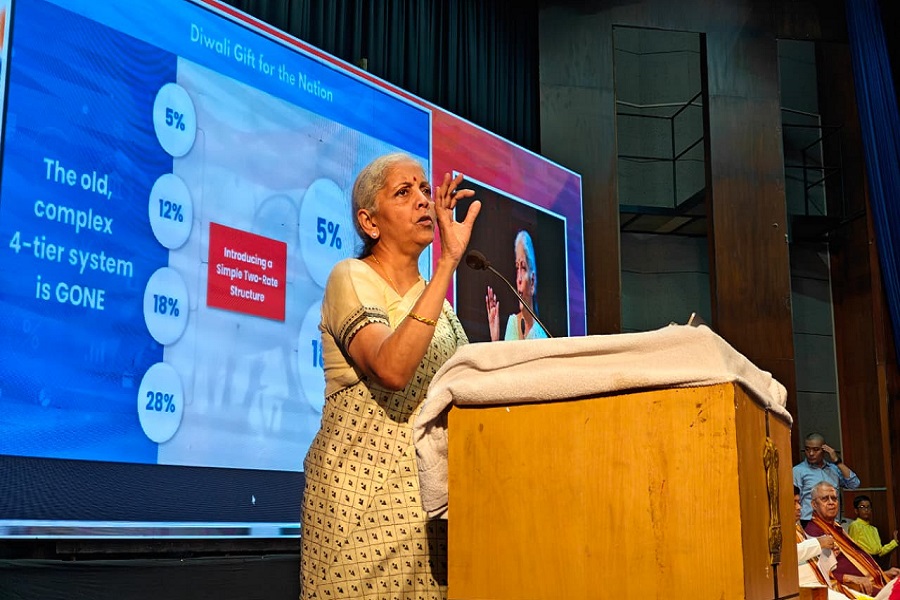Will GST Cut Truly Benefit the Insurance Sector? by Mr. Rakesh Jain, CEO of Reliance General Insurance

Below the Will GST Cut Truly Benefit the Insurance Sector? by Mr. Rakesh Jain, CEO of Reliance General Insurance
“We welcome the government’s proposal to reduce GST on insurance premiums from 18% to 5%, as this will bring much-needed relief to customers and help improve insurance penetration in India. Insurance is not just a financial product—it is a safeguard for individuals, families, and businesses against life’s uncertainties. Lower taxation will directly make insurance more affordable, particularly for middle-class households, rural populations, and small enterprises that often perceive premiums as a financial burden. This move is aligned with the national vision of promoting wider financial inclusion and resilience. At the same time, it is important to recognize that the industry continues to face certain structural challenges. A key concern is the inverted duty structure, which leads to accumulation of unutilized input tax credits, as insurers are unable to offset taxes paid on many input services that attract higher GST rates. This mismatch increases operational costs and creates financial inefficiencies, limiting the overall benefit of a GST reduction. Unless this anomaly is addressed, insurers may continue to face pressure on margins even as customers gain from lower premiums. The insurance sector is highly regulated and capital-intensive, with significant compliance and operational costs. For sustainable growth, tax reforms need to be complemented with rationalization of processes and policies that ease working capital management. Addressing both affordability for customers and efficiency for insurers will create a win-win scenario. In conclusion, reducing GST on insurance premiums is a progressive and customer-centric step that will catalyse deeper penetration of insurance in India. However, to unlock the full potential of this reform, we urge policymakers to also address structural inefficiencies such as the inverted duty structure. Together, these measures can accelerate the journey towards ‘Insurance for All’ and strengthen India’s financial security framework.”
Above views are of the author and not of the website kindly read disclaimer










More News

Quote on RBI MPC announcement by Shri. Tribhuwan Adhikari, MD & CEO of LIC Housing Finance












